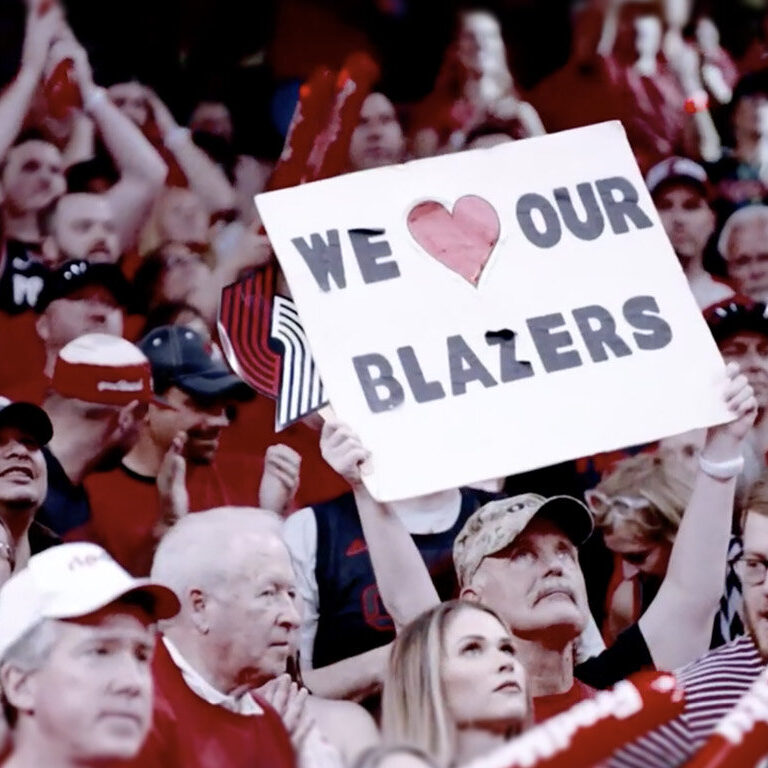Congratulations to Rocket Ronnie O’Sullivan for clinching his 7th World Snooker Championship title.
As well as the fantastic snooker on display, very much the talk of the town centred around Barry Hearn’s ambition to move the event to a venue with a bigger capacity – “You’re gonna need a bigger Crucible” he challenged Sheffield City Council. “It’s not just a question of a few extra bums on seats in a bigger arena. It’s about enhancing the broadcast value which brings in far more money than a few ticket sales” he declared. And he’s not wrong – snooker fans will know that with just 980 seats available, tickets for the World Championships sell out almost as soon as they go on sale – so the suggestion the event could double or even triple in size should be quite realistic.
Hearn’s challenge to Sheffield City Council got me thinking about the consideration other rights owners face as they weigh up making the move from one venue to another or extending the capacity of their existing venues, so I thought I’d make it the subject of a blog post. My first one since joining Winners late last year.
Data for Decision-Making
Data is used for multiple purposes – my teammate recently wrote about measuring data for improvements – and there are multiple types of data, but for the purpose of this blog I’m talking about first party data only: i.e. the data you get from your ticketing systems, your online store, access control, etc.
So how does a rights owner use data to help make the decision on a stadium move?
To answer this question we must look at, and understand, a holistic picture of the fans in the database rather than just ‘how many’.
When looking at fans in the database we should be considering:
- What is their demographic make-up? Are they male, female, young, old, in a family or single, their education or household income level. . (Note: sponsors love this type of data – it helps them understand if you’re the right partnership for them, i.e. does your fanbase represent their target customers?)
- How engaged are your fans with your targeted marketing, how many open or click on the content in your emails on a regular basis?
- Do your fans respond to competitions and polls?
But when it comes to how many more tickets you could sell if you moved to a bigger venue, we should also understand:
- Who are our ticket purchasers and how regularly do they attend? How many of these are casual fans versus the frequent attendees?
- How many of our fans hold a membership – these are the really, committed, loyal fans, right?
- Are they attending as well as purchasing?
And for me, the money-shot: where do they live in relation to the event venue?
When we start analysing these metrics, we can start modelling “propensity to purchase”. A 2018 blog we published – Rights Owners – why you need to know more about your TV viewers – also touched on modelling purchasing propensity: it really is a powerful form of analysis that can help you in so many ways.
How would Hearn use his propensity model?
Here’s how it works: the model looks at the data points of prospective ticket buyers to the data points of those customers that bought tickets, comparing attributes like what emails they opened, what content they clicked on, their gender age group, distance to the new venue, etc. The prospects that look most like the previous ticket buyers are tagged as “high-likelihood buyers” and Hearn’s marketing team can then alter the way they interact with them to increase the likelihood of them buying a ticket. Once you’re used to working with your data in this way, not only can you predict sales, but you can also plan your marketing investment in each prospective customer.
How can we help you, Hearn?
We applaud you Barry Hearn, for your forward-thinking attitude in wanting to provide a larger venue for more snooker fans to experience the historic Championships, the players to gain an enhanced playing experience and the ££££ you’ll receive in broadcasting fees. And we’d love to analyse your fan data to help you with your challenge to Sheffield City Council so please get in touch.
And even if you’re not Barry Hearn, if anything in my first blog post has been of interest to you please also get in touch.





